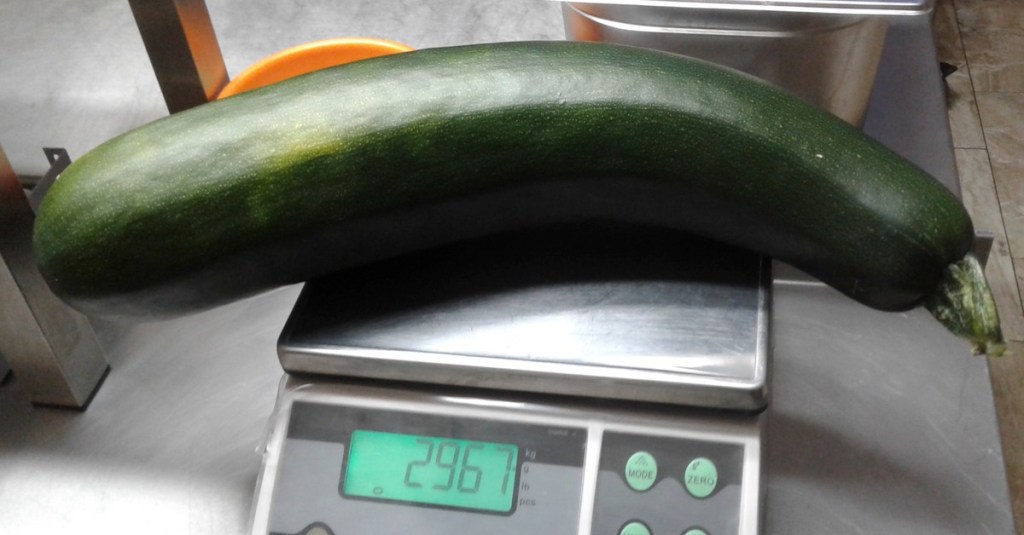Zucchinis are hobby gardeners’ friends. No wonder – after all, the plants from the pumpkin family can be grown in pots or on the balcony. But be careful: zucchinis can be poisonous.
Increasingly frequent poisoning from zucchinis
In 2015, a report made the rounds that a hobby gardener had died from his home-grown zucchinis. Consumer protection ministries in various federal states regularly warn of poisoning from cucurbits, which include zucchinis. How can this happen?
To reassure you: For a zucchini to become poisonous, several unfavorable factors must come together, which is relatively unlikely. In addition, you can easily recognize a risky fruit by its taste. The following factors can contribute to the potential danger, as they promote the formation of the so-called cucurbitacinsthe toxic bitter substances.
This makes zucchini poisonous
1. the proximity of other cucurbits
If you also have ornamental pumpkins in the bed near the zucchini plant, there is a risk of Risk of cross-breeding. Ornamental pumpkins are not edible as they contain cucurbitacins to protect them from predators. If such crosses occur, the seeds of the resulting fruits can lead to problems.
2. the use of home-grown seeds
Cucurbitacins have been bred out of commercially available seeds, and such seeds normally pose no danger. However, if the hobby gardener uses home-grown seeds, there may be a risk from back mutation (see point 1) to form the toxic bitter substances.
3. intense heat and sunlight
An aspect that should be taken into account, especially in hot summers like this one: If the plants suffer from Heat or drought stresscan also lead to the formation of bitter substances.
4. very large fruits
The content of bitter substances increases the longer the fruit ripens. Not only for this reason, but also because of the more aromatic taste, zucchinis are best harvested young.

How can you recognize poisonous fruit?
It’s actually quite simple: if a zucchini tastes bitter, you shouldn’t eat it under any circumstances, not even in small quantities! The pensioner from Heidenheim made this mistake in 2015. Despite the inedible taste, the 79-year-old ate a zucchini casserole made from home-grown fruit and later succumbed to the consequences. This is of course an extreme case. The possible consequences of fruit contaminated with cucurbitacin are Nausea, vomiting, stomach cramps, diarrhea and possibly worse symptoms of the digestive tract, in some cases even severe gastroenteritis with fatal consequences. Another example: In Schleswig-Holstein in the summer of 2019, a 78-year-old woman had to be treated in hospital for three days after eating several pieces of bitter zucchini.
You may also be interested in these articles:
Of course, this is no reason to give up tasty zucchinis. The risk of actually getting poisonous fruit is almost non-existent in the trade and only exists in your own garden if the above-mentioned circumstances are combined. The main thing is to follow the simple rule: if it tastes bitter, dispose of it immediately!
Follow Geniale Tricks on WhatsApp to make sure you don’t miss any more tips and tricks in future!
Sources: spiegel, mlr.baden-württemberg
